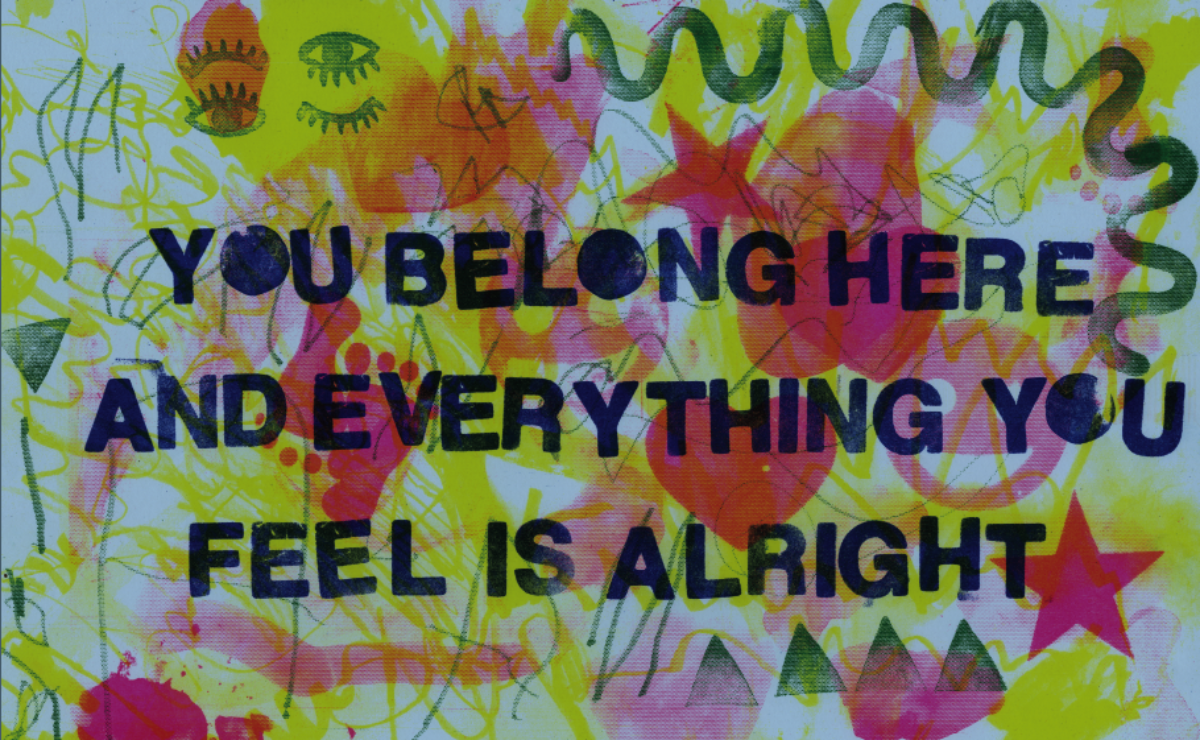Gender expectations is a concept that has roots in the western patriarchal, eurocentric world. This concept is the belief that you must correspond with the gender you are born into with the expectations of that gender. To simply put it, men should act and dress like men and women should act and dress like women. However, there are many problems with this belief of gender expectation, or gender norms, because it isolates entire groups of people, communities, culture or subculture of people.
Since I’ve been a child gender expectations were throw at me. From the conversation between my mother and her friends, “He’s going to be a strong boy” “He is too cute the girls are gonna love him”, to the color of my room being blue, or way I choose to dance. These are all forms of gender expression and since a young age I’ve experienced a form of gender expression oppression. One memory that I have of gender expression oppression is when I was scouted by a ballet teacher for a school. During middle school, my school had an intensive where a outside school would come and scout for local talent for their school. At the end of the audition they would usually offer the parents of the child a scholarship to attend the school. I went through with the first rounds of auditions and was called back for the second round. My mother was ecstatic, she seemed to be more excited than I was at the time, my father however could not have looked more disappointed. I remember him purposely taking me to the auditions without my mother in an attempt to convince me not to take the scholarship. The entire was there he talked about how, “Boys don’t dance ballet” or “you want to wear tights like a girl”. These are things I remember because my young mind was extremely impressionable, especially since I was about ten or eleven. Nevertheless when I got to the auditions nevertheless I was excited, excited to display my talents, skills and to show them the choreography I was able to absorb. The auditions went well and I was offered to come to the school with a scholarship, this dreamed was shot down. When we left the place my father tried to convince me into not joining. It was the perception of me dancing ballet that bothered him. He equated ballet with queerness and queerness with weakness. My father’s expectation for me was to be a strong man, and “strong” meant the physical attributes; big muscles, football player, boxer, strong man. I started to notice after this incident my father becoming noticeably distant as I matured and became more expressive of myself.
As I matured, I myself noticed things that were seemingly odd. In the area I was raised, to be kind in nature was to be weak. Fighting became something that was common, this was a way to tell people, “I’m not soft, I’m not weak”. Fighting became the norm for young boys in the area. This is where I noticed the perception of black men start to grow for myself. We were seen as criminals, thugs and gangsters this is what surrounded us daily. How could little black boys escape this fate? I began to question myself and what I actually want from life. While I saw many interalize one perception of a black man, I also saw many people create for themselves a different image of a black man. Dennis Rodman, Prince, Jaden Smith and Sisqo and just a few examples of black men living outside the scope of gender expectation. All these men challenge in one way or another the norms for gender expressions and do not show obedience to the patriarchal masses. Jaden with his flamboyant attitude in the fashion scene choosing to wear a dress and model for a womens catalog. Dennis with his gender expression choosing to paint his nails and dye his hair various colors. While also exploring the scope of gender fluidity by wearing women’s clothing. It is not until we break from the binds of gender expectation that we can all be free and live in a world that is not more tolerable, rather than peaceful and acceptable.
